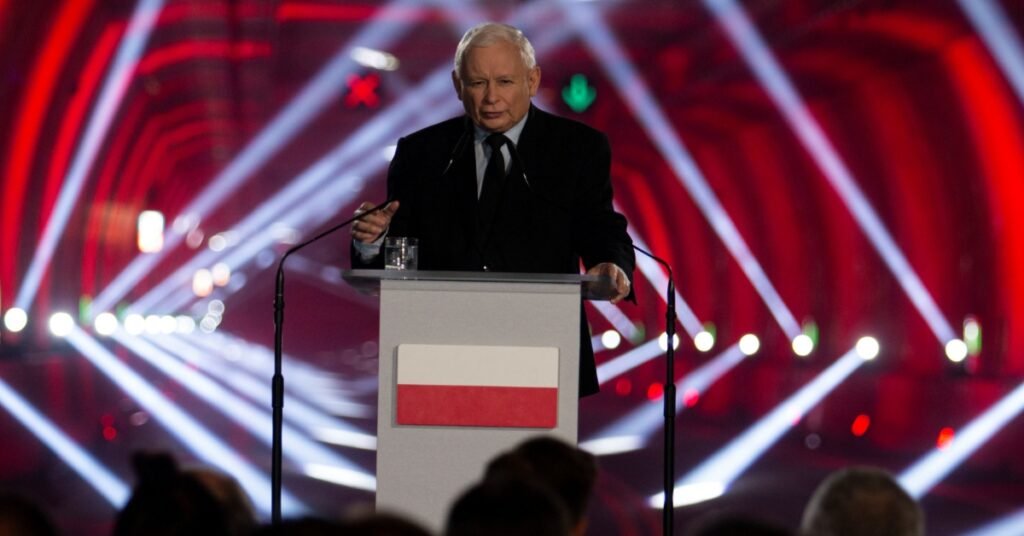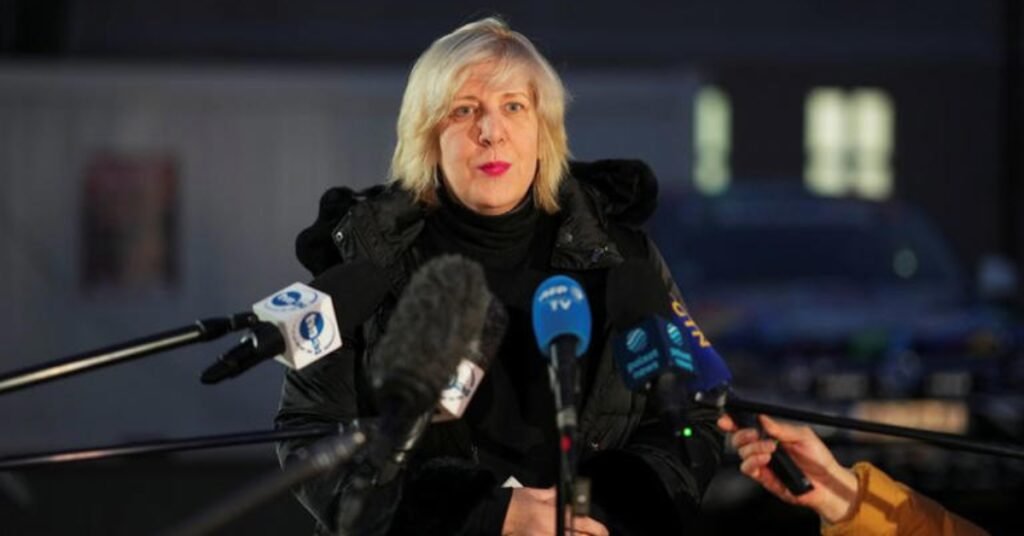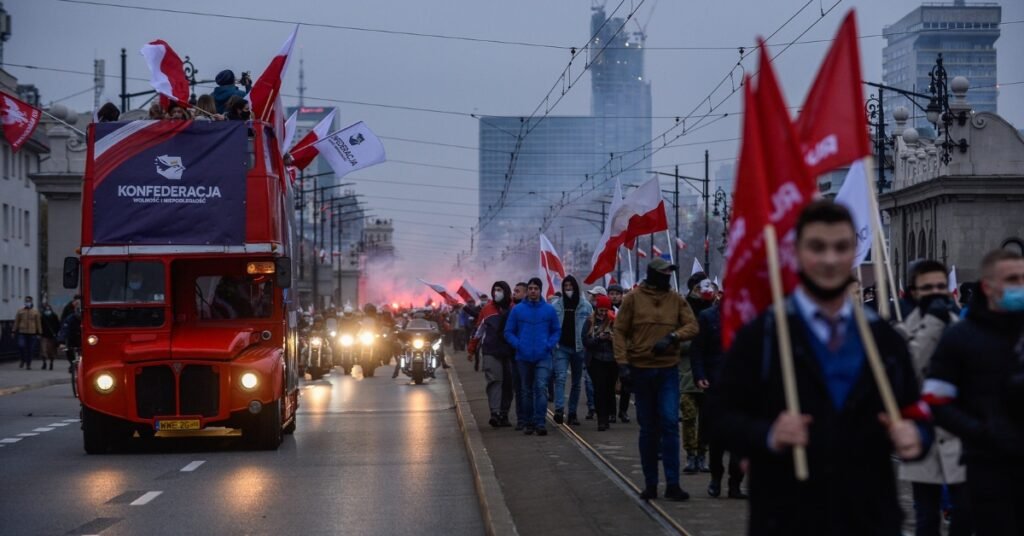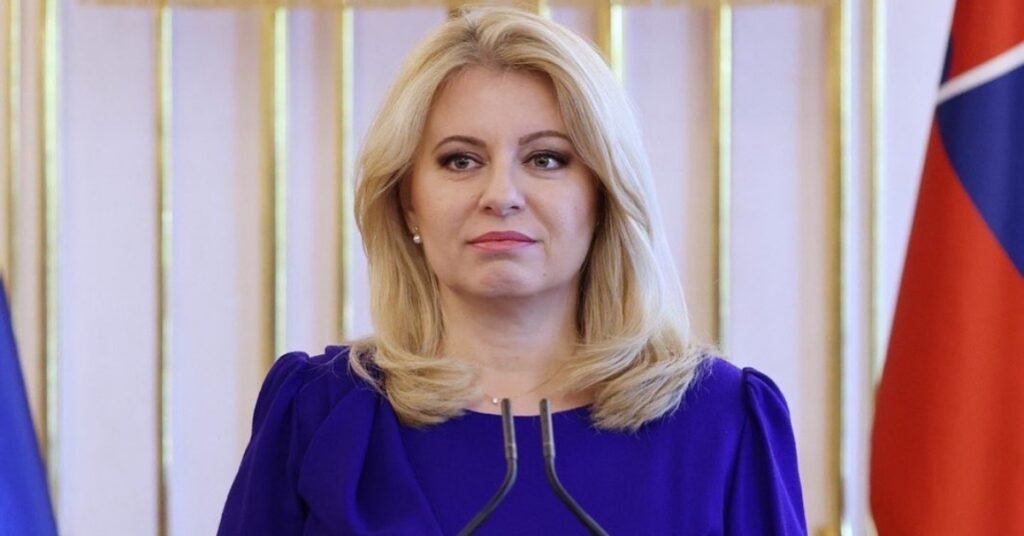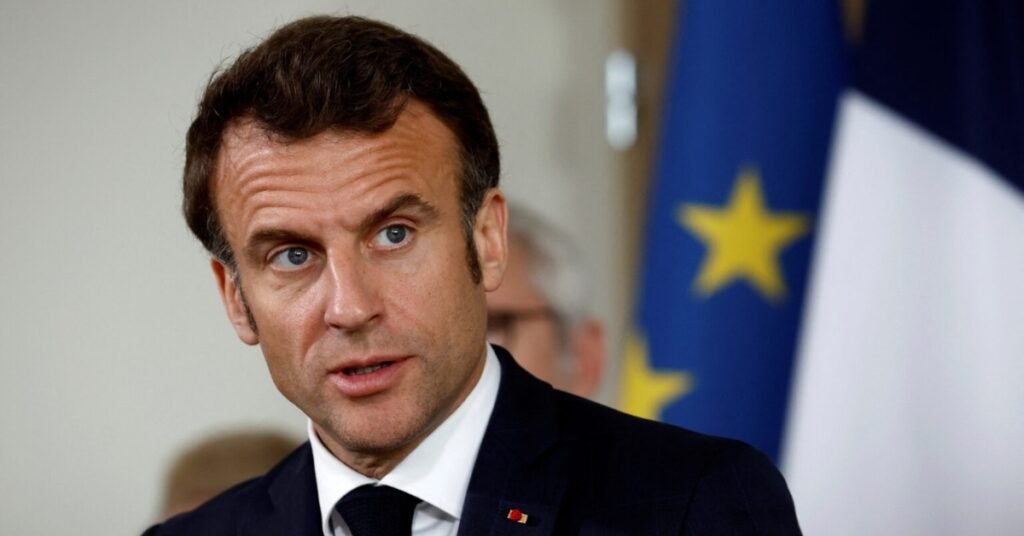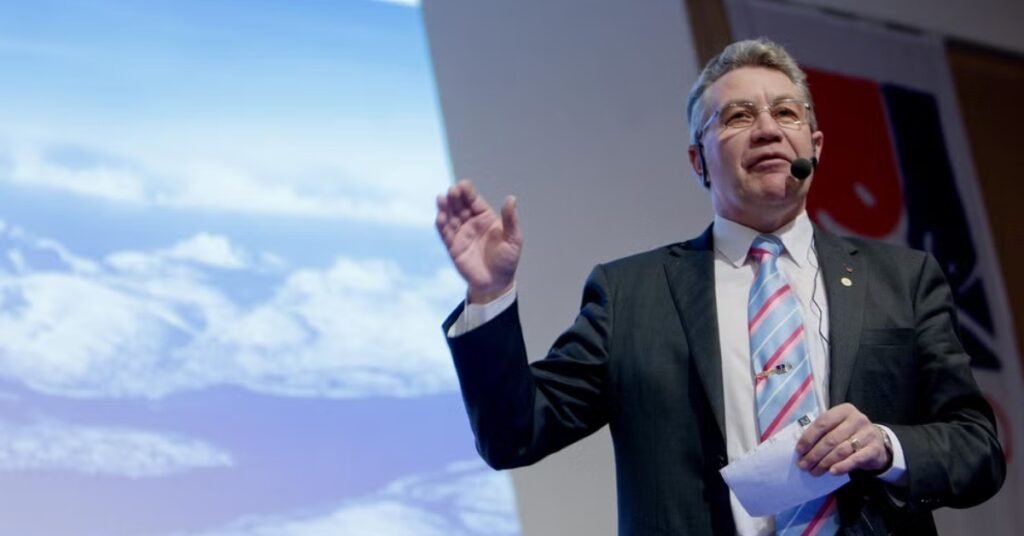Poland witnessed the inauguration of its longest underwater tunnel today, with government officials hailing it as a significant national achievement.
However, while appreciating the project, opposition politicians pointed out that it was entirely funded by the European Union (EU) and local authorities.
Connecting the Szczecin Lagoon with the Baltic Sea, the tunnel stretches nearly 1.5 kilometers beneath the Świna, a channel in northwest Poland.
It establishes a road link between the Polish city of Świnoujście, situated on an island shared by Germany and Poland, and the mainland.
Janusz Żmurkiewicz, the mayor of Świnoujście, who has served two terms totaling 26 years, has dedicated himself to constructing this tunnel.
Previously, Świnoujście was the only city in Poland without a road connection to the rest of the country, and commuters relied on ferries to cross the Świna.
“This tunnel changes everything. I have been waiting for this for 50 years. This is my life’s work,” expressed Żmurkiewicz to the Gazeta Wyborcza daily. He has announced that he will not seek another term as mayor.
Residents of Świnoujście, with a population of approximately 40,000, expressed their excitement about the transformative impact of the new tunnel.
Mateusz Kapica, a resident who commutes daily, told broadcaster TVN, “I am very happy that I will not have to wait for the ferry crossing anymore.”
Local authorities also anticipate that the tunnel will boost local tourism.
One of the islands where Świnoujście is located, called Uznam in Polish and Usedom in German, has been a popular tourist destination renowned for its sandy beaches since the 19th century.
Political Dispute Amid Opening Ceremony
While the tunnel’s opening was celebrated during a ceremony attended by prominent ruling Law and Justice (PiS) party members, including party chairman Jarosław Kaczyński, it sparked a political dispute with the opposition party, particularly in light of the upcoming parliamentary elections.
Kaczyński labeled the tunnel a “symbol of the state’s unity, strength, and readiness to perform important tasks.”
He also highlighted Poland’s development progress, stating that the country is “catching up with the West.”
Infrastructure Minister Andrzej Adamczyk credited the determination of PiS politicians and local authorities for the tunnel’s construction, emphasizing that it was only possible with their efforts.
However, opposition politicians emphasized that the tunnel’s cost of 900 million zloty (€202 million) was predominantly financed by EU funds (85%), with the remainder provided by the city of Świnoujście.
They argue that the PiS government is unjustly taking credit for a project it did not fund.
Arkadiusz Marchewka, a Member of Parliament from the Civic Platform (PO), the largest opposition party representing the electoral district of Świnoujście, commented:
“The PiS government allocated zero zlotys from the state budget for this investment.”
He accused PiS politicians of using the event as self-promotion.
Elżbieta Jabłońska, head of the Świnoujście city council from the PO, described it as “ironic” that the Polish government was claiming credit for an EU-funded project despite frequently criticizing Brussels and accusing it of harming Poland.
PiS politicians, on the other hand, highlight that plans for the tunnel were initially established under a previous PiS-led government in 2007.
Joachim Brudziński, a PiS politician, current head of the party’s election campaign, and a Member of the European Parliament, has been a strong advocate for the project.
Although the plans faced delays during the rule of the PO party, which came to power in 2007, most of the work, including tenders and construction, occurred after PiS returned to office in late 2015.
The opening of Poland’s longest underwater tunnel represents a significant milestone in the country’s transportation infrastructure.
As the political dispute over credit continues, the tunnel is expected to enhance connectivity and facilitate economic growth, benefiting residents and tourists visiting the picturesque region.
Get our best stuff sent straight to you! Join our WhatsApp Channel.
